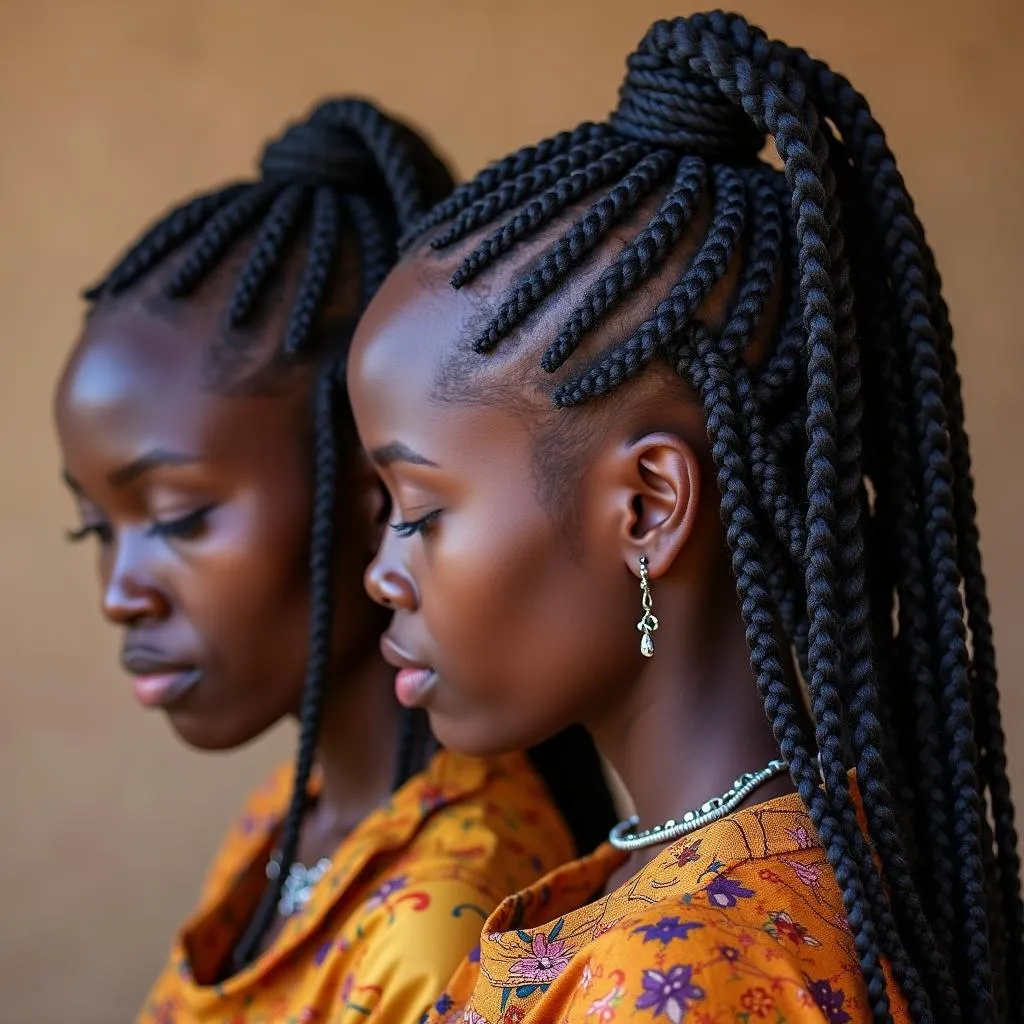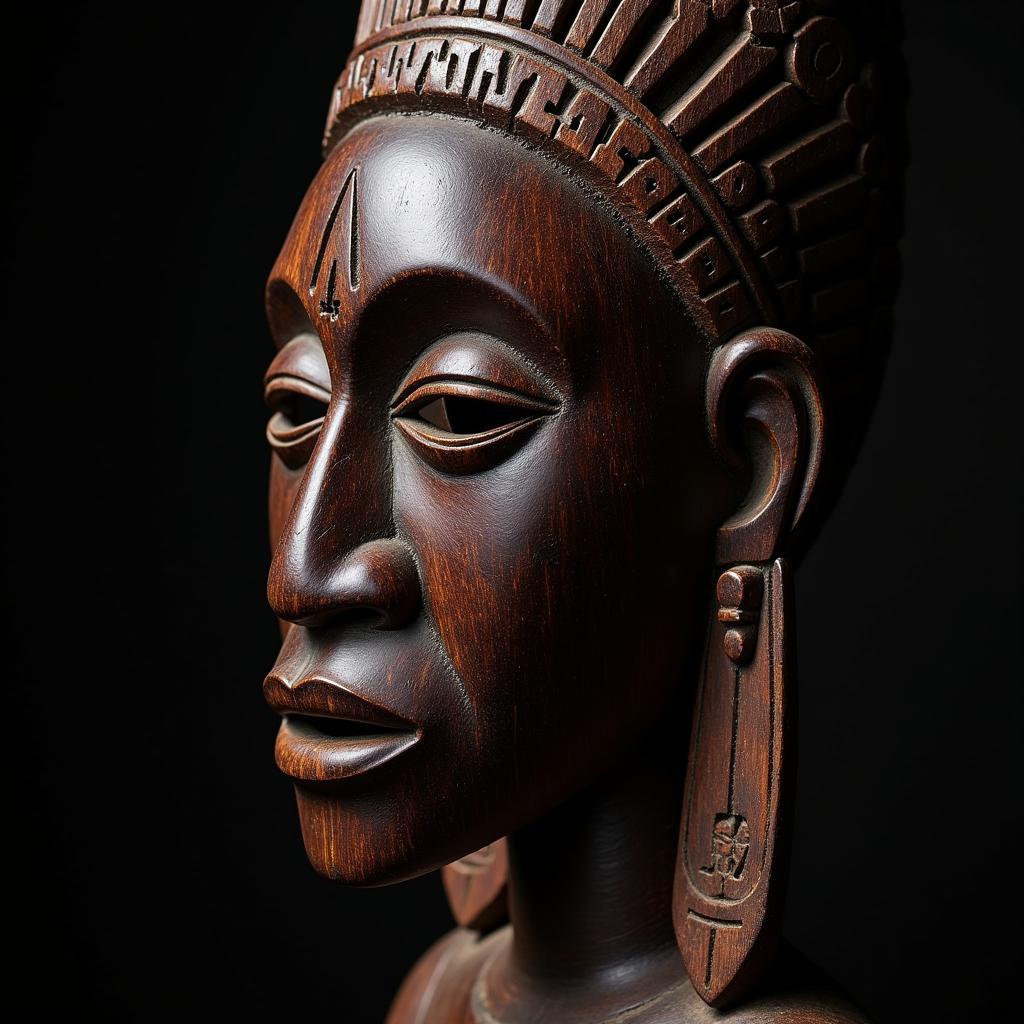African Civet Cats for Sale: What You Need to Know
The African civet cat, with its distinctive markings and musky scent, is a fascinating creature that has captured the attention of people worldwide. However, before considering purchasing an African civet cat, it’s crucial to understand the ethical and legal implications involved. This comprehensive guide will delve into the reasons why buying an African civet cat is often discouraged and explore alternative ways to appreciate these unique animals.
The Ethics of Owning an Exotic Animal
Owning any exotic animal, including an African civet cat, comes with significant ethical considerations. These animals have complex needs that are often difficult to meet in a domestic setting.
- Natural Habitat: African civet cats are native to sub-Saharan Africa, where they thrive in diverse habitats, from rainforests to savannas. Replicating this environment in captivity is challenging and can negatively impact their well-being.
- Specialized Diet: Their diet consists of fruits, insects, small mammals, and even carrion. Providing a balanced and appropriate diet for a captive civet cat requires extensive knowledge and resources.
- Social Needs: While not typically social animals, they do have specific communication methods and territorial behaviors that are difficult to accommodate in a typical home.
Legal Restrictions and Conservation Concerns
In many countries, owning an African civet cat is either illegal or heavily regulated. This is largely due to concerns about animal welfare, public safety, and the potential impact on wild populations.
- Permits and Licenses: Acquiring the necessary permits to own an African civet cat can be a complex and expensive process. It often involves demonstrating adequate knowledge, housing facilities, and financial resources to care for the animal.
- Conservation Status: While not currently listed as endangered, the African civet cat is facing threats in the wild, including habitat loss and the illegal pet trade. Buying a civet cat could contribute to these threats.
Alternatives to Ownership: Appreciating Civet Cats Responsibly
There are many ways to appreciate and learn about African civet cats without contributing to the demand for them as pets:
- Wildlife Sanctuaries and Zoos: Reputable sanctuaries and zoos offer opportunities to observe these animals in environments designed to mimic their natural habitats.
- Supporting Conservation Efforts: Consider donating to organizations dedicated to protecting African civet cats and their habitats.
- Education and Awareness: Learn more about African civet cats through books, documentaries, and online resources. Share your knowledge with others to raise awareness.
FAQs about African Civet Cats
1. Are African civet cats dangerous?
Like any wild animal, African civet cats can be unpredictable and potentially dangerous if they feel threatened. They have sharp claws and teeth and can spray a foul-smelling musk when stressed.
2. What is the lifespan of an African civet cat?
In the wild, they live for an average of 5-10 years. In captivity, with proper care, they can live up to 20 years.
3. Can African civet cats be domesticated?
No, African civet cats are wild animals. While they can become habituated to humans in captivity, they retain their wild instincts and are not considered domesticated.
Finding Credible Information
For further information about African civet cats and ethical wildlife conservation, please visit the websites of reputable organizations such as the African Wildlife Foundation or the International Wildlife Trade.
In conclusion, while the allure of owning an exotic animal like an African civet cat might seem appealing, it’s crucial to prioritize ethical considerations, legal requirements, and the well-being of these fascinating creatures. Opting for responsible alternatives allows you to appreciate African civet cats while contributing to their conservation.
For any questions or assistance regarding African wildlife, please contact us at +255768904061, email us at kaka.mag@gmail.com, or visit us at Mbarali DC Mawindi, Kangaga, Tanzania. Our dedicated team is available 24/7 to provide support.



